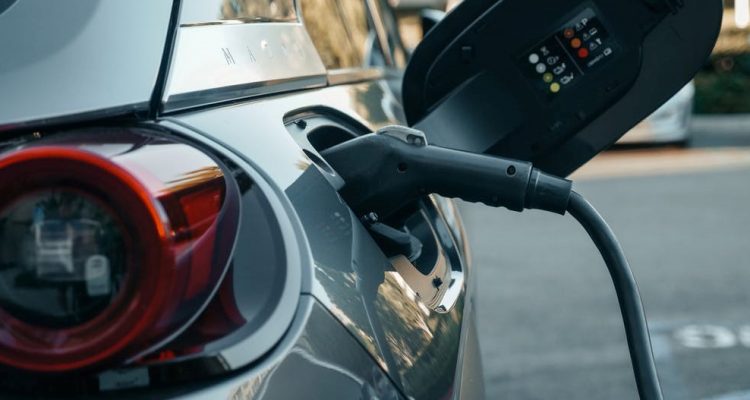Automotive experts at Select Car Leasing have revealed 5 money-saving tips that EV drivers can take advantage of to reduce their energy bills in April.
With the energy price cap rising, Brits are expected to see their energy bills skyrocket by 54%. David Lewis, Electric Lead at Select Car Leasing says “There’s very few ways to avoid rising energy prices come April. Drivers of ICE cars are at an extreme disadvantage due to paying extortionate fuel prices and now rising energy prices.”
“EV motorists, despite using home energy to charge their vehicles, have a key advantage compared to other drivers. They’ll benefit from being able to lower their electricity bills by taking a smarter approach to charging. The upcoming rise in energy prices highlights the further benefits of switching to electric – even with energy prices increasing, you can still fuel a car for as little as £2.28.”
To help drivers keep on top of their energy bills, Select Car Leasing have revealed changes you can reduce your charging bills in 2022. Committing to just 1 of these changes saves as much as £1,037 per year.
It’s tempting for drivers to charge their cars as soon as they get home to avoid forgetting. Off-peak electricity times in the UK between the hours of 11pm and 8am – so putting your car on charge before you head to bed for the night is likely to save you more money than charging as soon as you’re home. If EV drivers charge their car at home during off-peak hours once a week, they could be saving as much as £1,037 on their annual EV charging bills.
- Utilising free EV chargers saves you £17.25 per charge
20% of public charging points in the UK are free to use, but where do you find them? Many electric cars have apps that let you search for the nearest charging points – but if yours doesn’t, you can look for free local chargers based in supermarkets, multi-storey car parks and shopping centres using Zap-Map.
Charging in these locations could save you £17.25 which is the average cost-per-charge following the energy price hike in April.
- Avoid rapid chargers saves £7-£10 per charge
Rapid chargers charge your car the quickest – but at a cost. Public rapid chargers cost roughly £10 for an 80% charge before April’s energy price rise – a full charge at home would cost just £5.
While it’s convenient to charge your car quickly when on the road, leave these for emergency situations and charge your car at home if you have the time.
- Plan a charging route
Over time, you’ll gradually come to realise how much it costs to charge a car at home vs. at commercial charging stations.
Once finding this out, charge as much as possible at the cheapest power source – using charge from other sources to top up your charge as and when you need.
- Having a regular EV service saves up to £1,000 in repairs
Leased electric vehicles benefit from having services included in the lease price, but regular servicing is essential if you own an EV. A poorly running electric engine is more wasteful on the battery, so keeping your car serviced is essential. Not getting an EV serviced could mean any damaged cells in the battery are left without repair. Not only will your car lose charge quicker, it could also cost £1000 for battery cell repairs.
By taking an EV to get serviced, you’ll address any battery or engine issues as early as possible. It’s also important to check your tires and keep unnecessary excess baggage out of the car to get the most bang for your buck on a full charge.



















